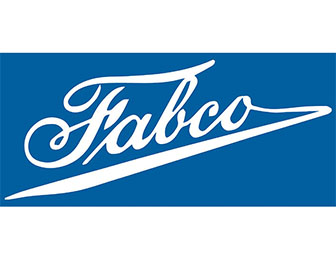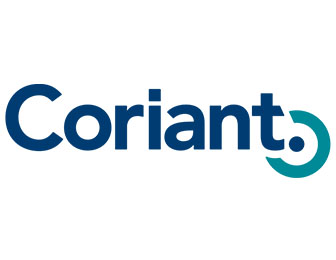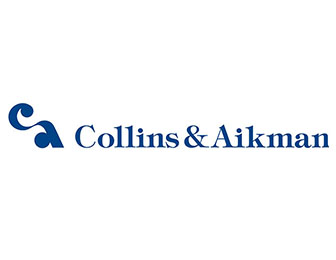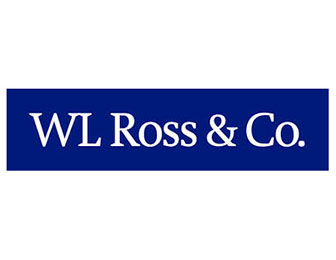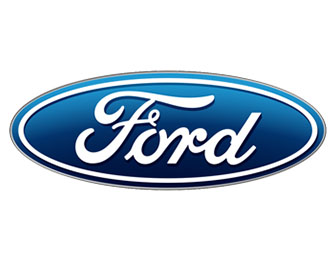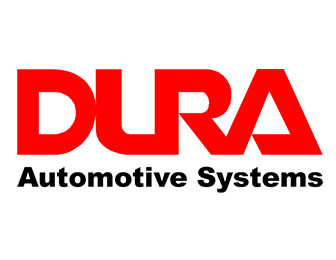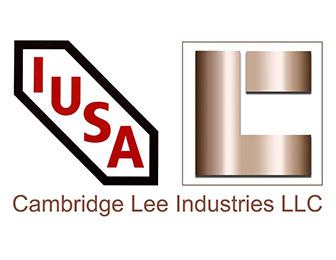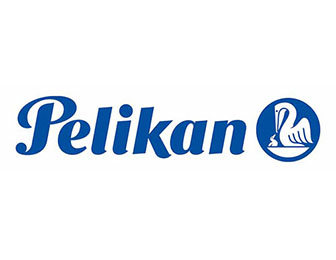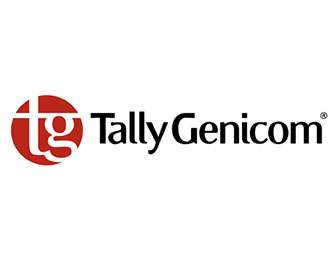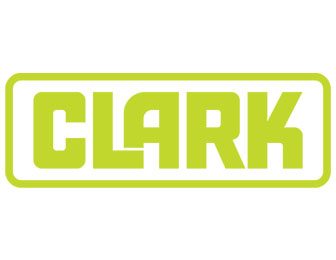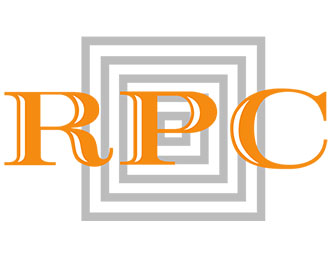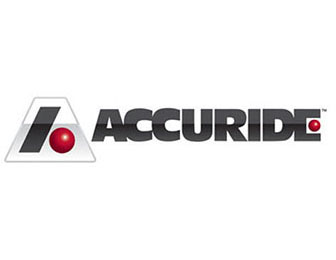The news this week that Honda’s Swindon plant is to close is very sad and will be a huge blow to the workforce and the supply chain. The automotive industry is possibly one of these most globalised industries there is with production facilities and supply chains that span the globe. It has been operating very well and profitably for many years but is now being buffeted by numerous headwinds. The fallout from “Dieselgate”, consumer demand moving from cars to SUV’s, the impact of electric vehicles, the dramatic fall in the Chinese market, geopolitical uncertainties over tariffs and the easy movement of goods, the list is a long one and will likely get longer as other disruptive factors such as autonomous vehicles loom on the horizon.
Honda’s decision is not surprising. Those who are well connected to the auto industry know that it’s market share in Europe is very small and that Swindon is operating well below capacity. These are warning signs in any manufacturing industry, but the news has come as a shock to many who had little knowledge of the underlying challenges.
A recent survey of which industries were most likely to face distress in 2019 saw Automotive rocket into 3rdplace from nowhere. Last year the same survey had just 7% of respondents saying auto would face distress but this year that has risen to 34%, a remarkable increase. That reflects the looming impact of so many disruptive factors and also the fact that an industry that takes around two years to develop new models which then have a model life of about seven years is inevitably slow to respond.
Honda is a huge company and can absorb the costs of closing Swindon. It will be tough for the workforce but the closure is not until 2021 so hopefully much can be done to mitigate the impact for the workforce in the meantime. The supply chain is potentially a different question. Large multinational Tier 1 suppliers, those who supply Honda directly, will have some pain but will likely be able to deal with the impact. It is as you go down the chain to the second and third tier suppliers that it gets tougher. Some will be relatively small businesses, and some may have a particularly large exposure to the Honda plant in Swindon. The impact could threaten their viability and risk insolvency. As my colleague, Matt Quade, talks about in his recent blog, below, such businesses need to recognise the existential threat and start to formulate an action plan as soon as possible. This is no time to sit on your hands. Expert, objective help from people experienced in these types of issues can be of huge assistance is evaluating the scale of the problem, the options and to help with implementation.
David Bryan – CEO, BM&T
22nd February 2019


